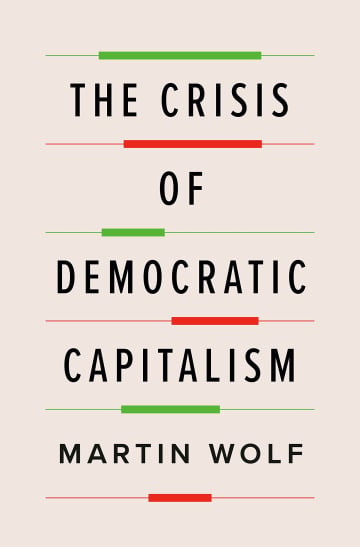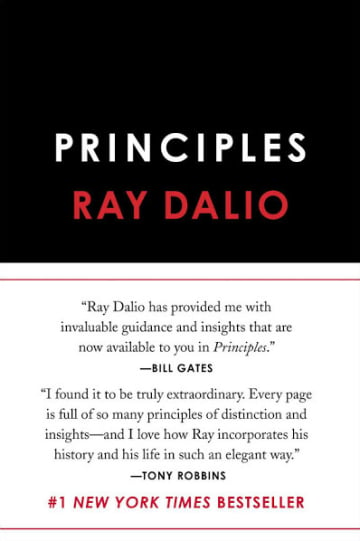
The Crisis of Democratic Capitalism
⚡️ 10 Quotes from the book
“My opinions have altered as the world has unfolded. I make no apologies for this. Those who have not changed their opinions over a lifetime do not think.”
“This book will argue that economic disappointment is one of the chief explanations for the rise of left- and right-wing populism in high-income democracies.”
“The potential for conflict between these political and economic systems is self-evident: democratic politics are national, while market economics are global; and democratic politics are based on the egalitarian idea of one person, one vote, while market economics is founded on the inegalitarian idea that successful competitors reap the rewards.”
“Democracy and the market have something fundamental in common: the idea of equality of status. In a democracy, everybody has the right to a voice in public affairs. In a free market, everybody has the right to buy and sell what they own.”
“Economics provides the principal rationale for human cooperation. Politics provides the framework within which that cooperation works. Economics and politics are necessarily symbiotic.”
“Wealth is also a source of power. Shareholder control over companies gives direct economic power. Wealth exercises influence via philanthropy, ownership of media, and so forth. But wealth also has a powerful direct influence over politics, by funding parties, supporting candidates, buying political advertising, promoting political causes, and paying for lobbying.”
“Successful renewal is again possible. It has happened before. To achieve it, there must be imaginative and decent leadership.”
“In managing a modern monetary economy, one must avoid two errors. The first error is to rely excessively on credit-fueled private demand, since that is likely to deliver financial booms and busts. The second is to rely excessively on central-bank-financed government demand, since that is likely to generate inflationary booms and busts.”
“A market economy that operates under trustworthy rules, rather than the whims of the powerful, underpins prosperity and lowers the stakes of politics. In turn, a competitive democracy induces politicians to offer policies that will improve the performance of the economy and so the welfare of the people.”
“This is a moment of great fear and faint hope. We must recognize the danger and fight now if we are to turn the hope into reality. If we fail, the light of political and personal freedom might once again disappear from the world.”
Related videos
Ask Albert:
Rate the book
⚡️ Discover Even More Bookish Wisdom
recommends
recommends
recommends
recommends


















